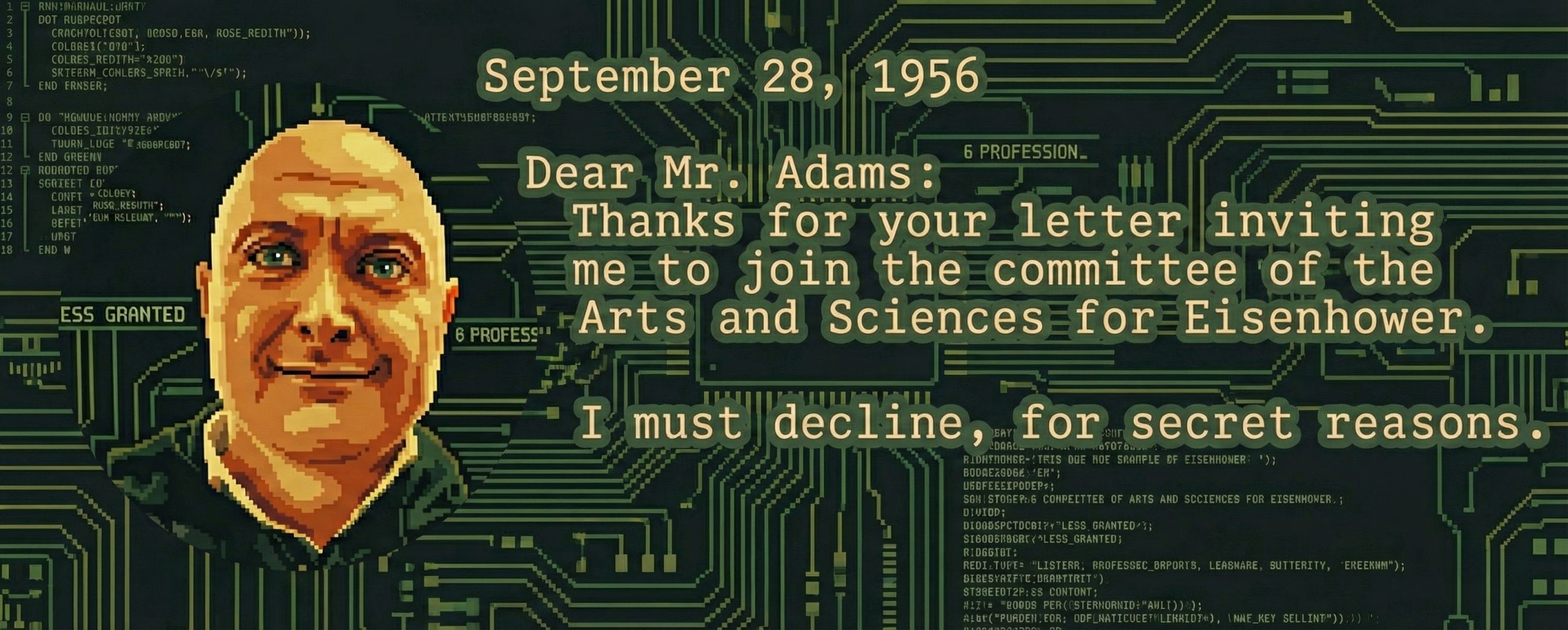Why the Trump-Harris Election Won’t Help Ukraine: The Need for a New ‘Nixon Goes to China’
As the U.S. election between Donald Trump and Kamala Harris approaches, one point worth discussing is its potential impact on the Russia-Ukraine war. But let me be blunt: regardless of who wins, this election isn’t going to increase Ukraine’s chances of victory. And that is because both presidential candidates are incredibly antagonistic toward China for reasons that aren’t entirely clear. This aggressive stance is counterproductive in the larger geopolitical landscape.
So why are we treating China the way we do? Is it because they’re our competitor? Since when is competition a bad thing? Competition drives innovation and progress—it makes us all better. Or is it because China is a communist country? Visit China today, and you’ll find it feels more capitalist than most European nations. Is it about “values” and “freedoms”? If imposing tariffs on Chinese goods is how we express our values, are tariffs truly compatible with democratic ideals?
Economist Milton Friedman captured this paradox perfectly when he quoted Henry George’s book Progress and Poverty: “In time of war, we blockade our enemies; in time of peace, we blockade ourselves.” Think about that. We’re sanctioning Russia during wartime, which makes sense. But then, in peacetime, we’re imposing tariffs on Chinese goods—effectively blockading ourselves. It’s like we’re so enthusiastic about sanctions that we’ve decided to sanction ourselves! At this rate, we won’t need enemies abroad—we’re doing a fine job undermining ourselves. By imposing tariffs on Chinese goods, we’re hampering our own economy just as we would aim to cripple an enemy during war. This approach is self-defeating. It makes our companies less competitive in the long run and raises prices for consumers.
If we truly want to help Ukraine, what’s needed is a modern “Nixon goes to China” moment—a bold strategy to separate China from Russia. Back in 1972, President Nixon’s unexpected visit to China reshaped global politics by driving a wedge between China and the Soviet Union, significantly altering the dynamics of the Cold War. Today, a similar move is needed. As long as Russia has access to advanced technology—like high-end semiconductors and electronics with China’s help, they will continue developing and producing sophisticated weapons and strengthening their military. At the start of this war, the Russian army was an obvious wreck. An unintended consequence of this conflict is that this wreck has become a considerable force.
The upcoming U.S. election is important, but it’s not the game-changer for Ukraine. Instead of escalating tensions with China, perhaps it’s time to reconsider our strategy. Embracing free markets and healthy competition aligns with democratic values and could lead to more effective solutions. Remember, Nixon’s bold move reshaped global politics—we might need a similar leap of faith today.
If you’d like to explore these ideas further, check out this insightful hypotetical debate between Donald Trump and Milton Friedman. Though it’s an old discussion swapping Japan for China, the points about tariffs and free trade are more relevant than ever.
